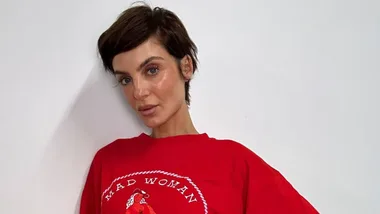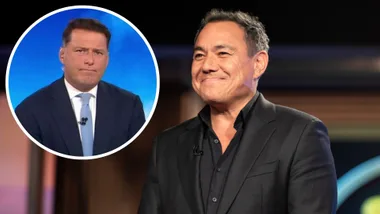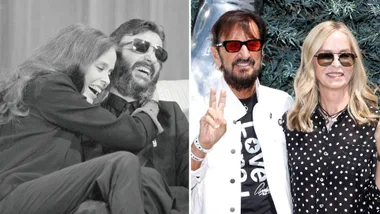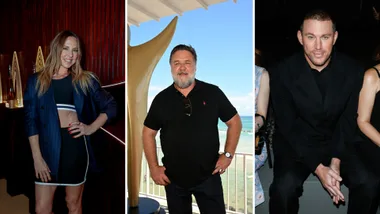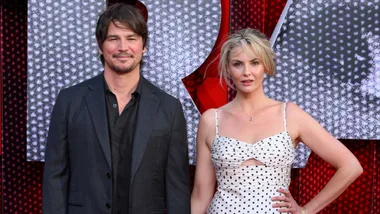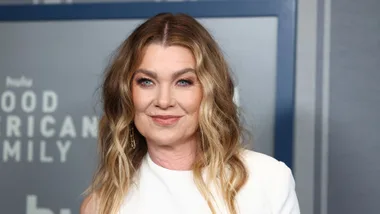This article addresses mental health and suicide. If you are in need of help, call Lifeline on 13 11 14 or visit their website.
The late Shane Warne’s cricketing achievements include a monumental 708 test wickets, the highest test score of 99, and being the second ever to take over 1000 wickets.
Along with his true blue personality and fierce gameplay, it’s easy to see how he became such a sporting legend.
However, there was so much more to the Spin King than just the sport, like his deep devotion to his children, Summer, Brooke, and Jackson, his philanthropic work, and in his later years, his openness about mental health.
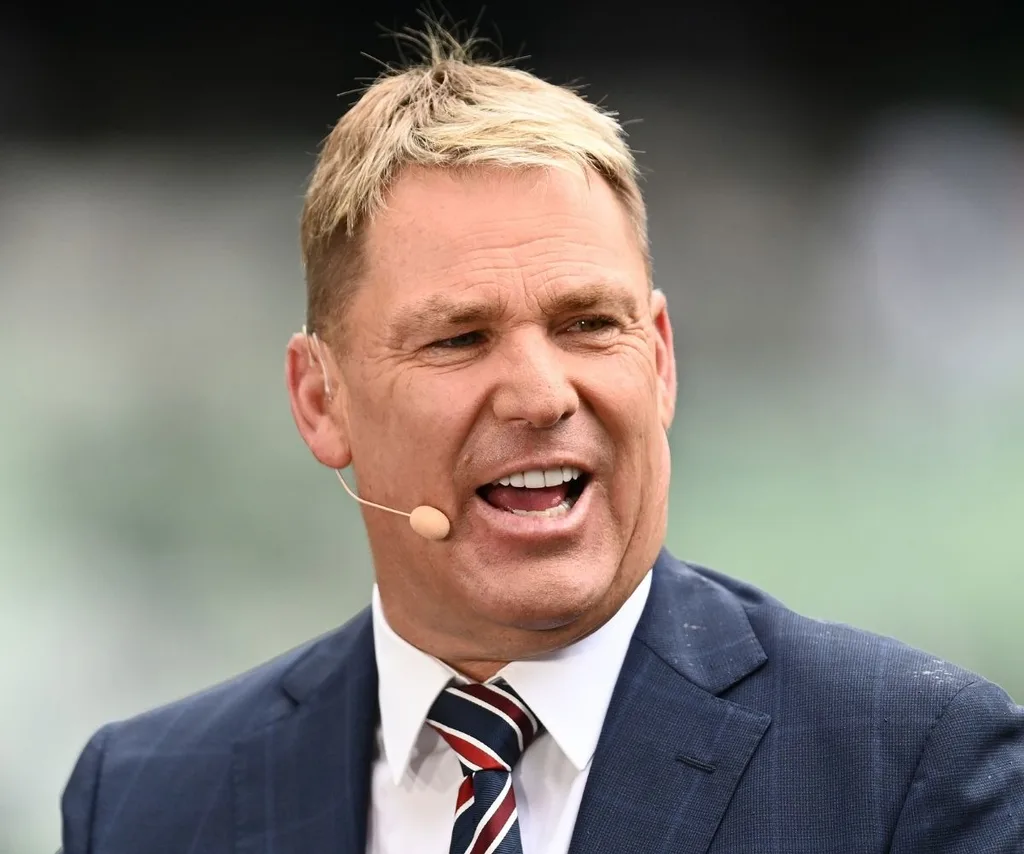
Shane was the second ever cricketer to take over 1000 wickets.
(Image: Getty)Whilst mental health struggles appear in every industry, cricket is a sport with some of the highest suicide rates.
In a 2016 study, research found that cricket had a suicide rate of 715.4 per 100,000 in 2014, and “health, financial and relationship issues, depression and alcohol misuse” were common contributors.
Shane took his mental health challenges public in 2018, and during press for his book No Spin, encouraged other men and athletes to embrace the topic.
In a move to understand his past and move forward, Shane connected with fellow cricketer and sport psychologist Jeremy Snape who warned him that journey would be “brutal”.
“I wanted to be better, and I never really revealed that to anyone, but I spent a few days with Jeremy locked in a hotel room trying to be a better person and understand why things happened,” he admitted.
Shane added that he was even tasked with writing his own obituary which he admitted was “not easy to do”.
“It’s what you think people think of you but also what you think they’re thinking of you…but that was quite tough.”
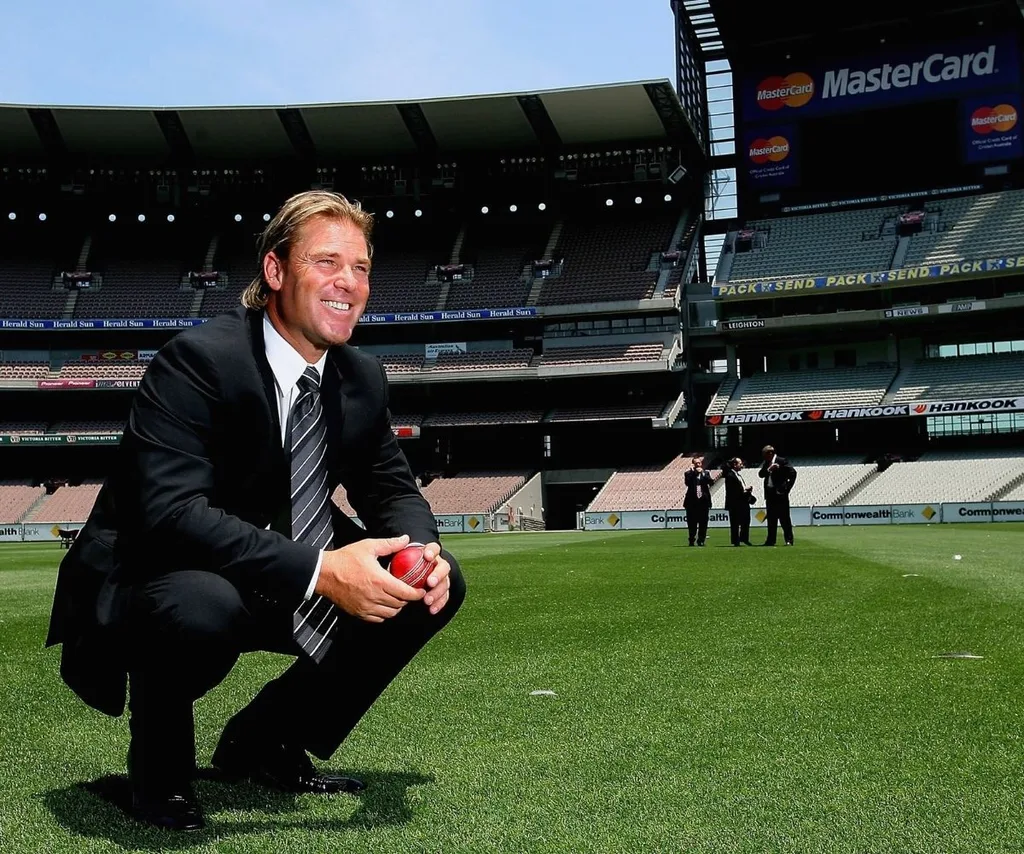
“I encourage anyone if they’ve got any issues whatsoever, please go and see someone.”
(Image: Getty)On Good Morning Britain in 2018, Shane discussed why it’s essential for cricket players to talk about their mental health, especially once they stop playing.
“When you retire, if you can’t get a career in commentary or something else like coaching, then you’re out on your own. That adrenaline of walking out in front of 80 or 90 thousand people and being around people all the time but then trying to replace that is very difficult,” he revealed.
“It’s an ego-filled world, and it’s really hard to say you’re going to go see someone.”
He reiterated his message to Leigh Sales during his revealing 7.30 interview, explaining, “I encourage anyone if they’ve got any issues whatsoever, please go and see someone. It’s important to go and speak to someone.”
With figures like Shane pushing for more awareness, the tide is slowly shifting when it comes to mental health. Even though the Spin King has passed, his legacy will hopefully inspire sports and men to change how they view their mental health.
If you or someone you know has been affected by any of the issues raised in this article, help is always available. Call Lifeline on 13 11 14.
For more on Shane Warne and his legacy, check out the following stories
Here’s how you can watch Shane Warne’s state memorial service around Australia
He was the ultimate cricket legend, but to his three kids Shane Warne was just Dad
“So similar in so many ways”: Shane Warne’s close bond with his eldest daughter Brooke
“I want him to be really proud of me”: How Jackson Warne stepped out of dad Shane Warne’s shadow
Here is how you can watch Shane Warne’s documentary ‘Shane’ for insight into his iconic story
.jpg?fit=900%2C553)
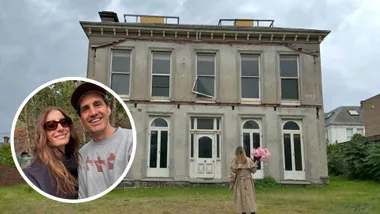
.png?resize=380%2C285)
